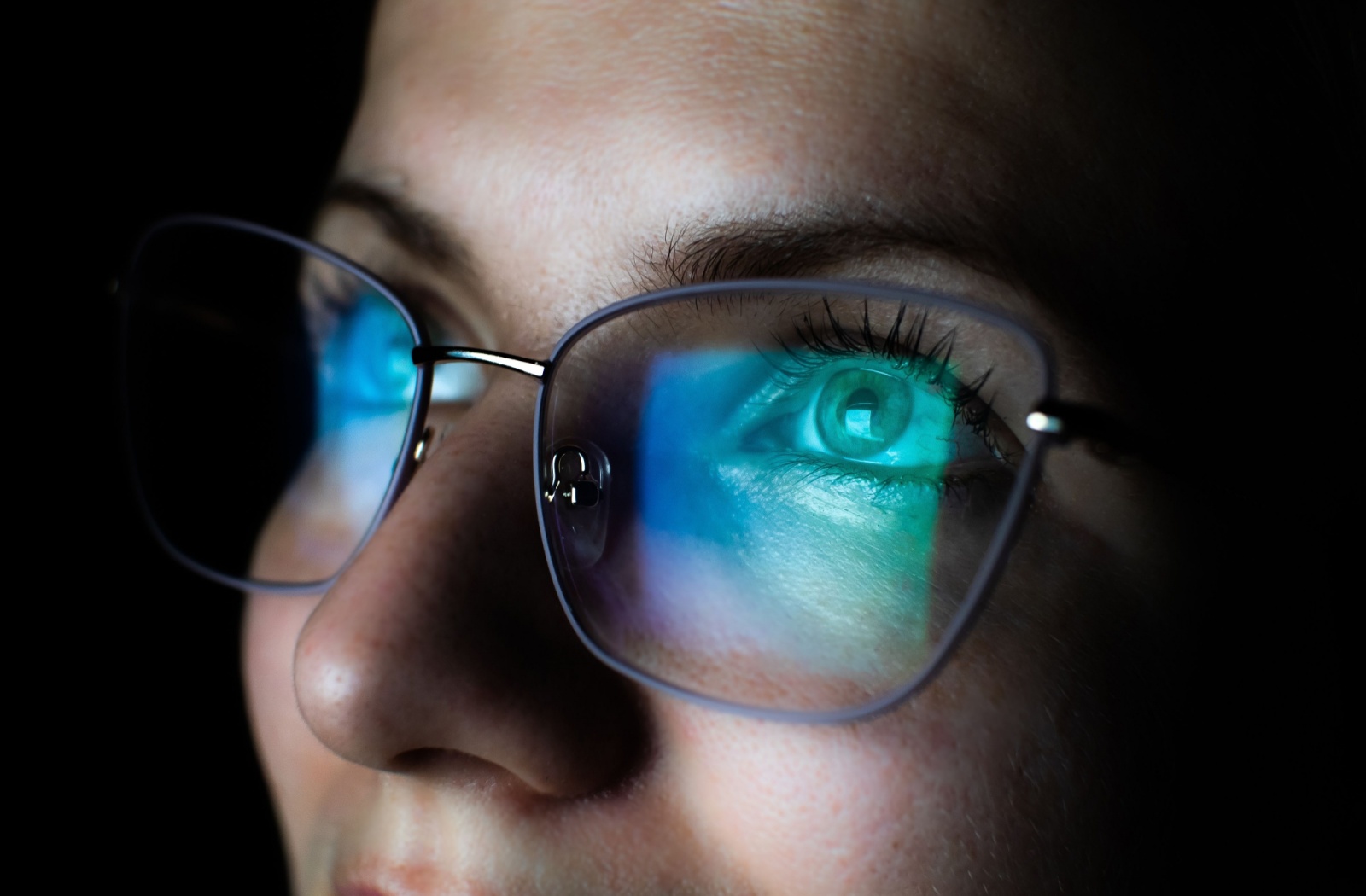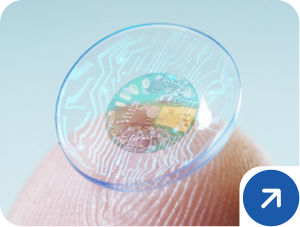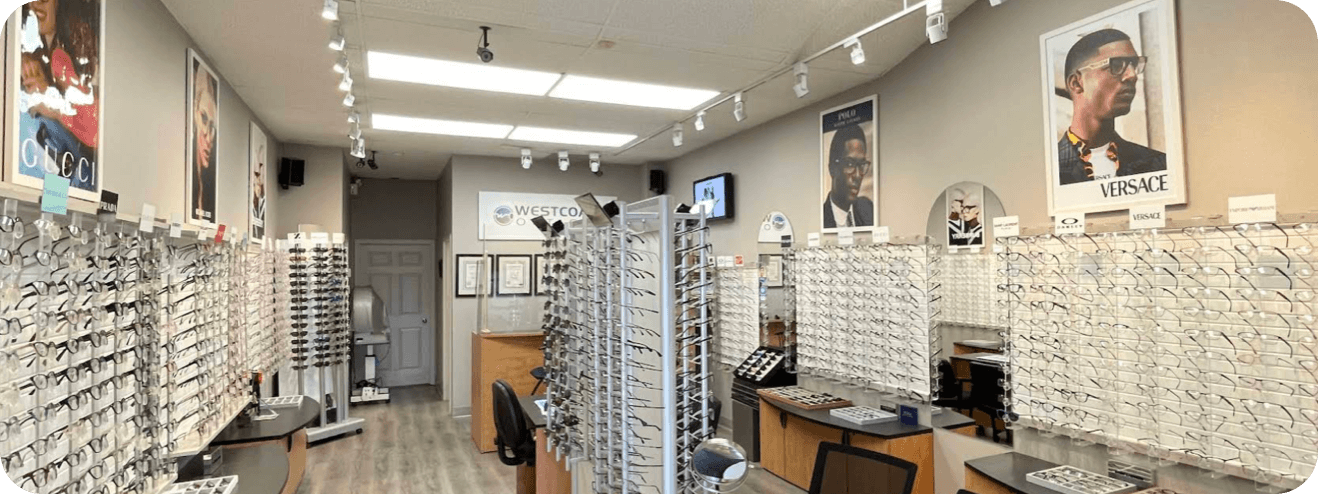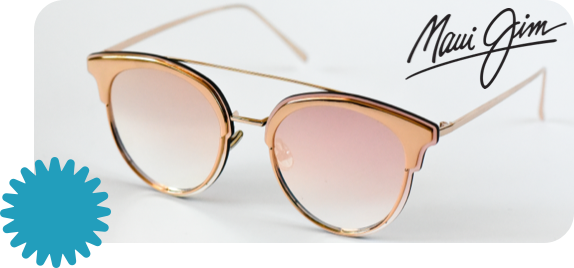In this digital age, our eyes are practically glued to screens—laptops, smartphones, you name it. However, all this screen time can potentially lead to serious eye strain. This has prompted the rise of blue light glasses, touted as a saviour for our screen-weary eyes.
Just like how you wear sunglasses to protect your eyes from UV lights, blue light glasses block blue wavelengths of light. And just like sunglasses, you can wear blue light glasses all the time and it shouldn’t damage your eyes (even though it’s not always ideal).
What Are Blue Light Glasses?
Blue light glasses are specially designed eyewear that help filter out blue light emitted from digital screens. They feature lenses that either reflect or absorb blue light, preventing it from reaching your eyes. By doing so, these glasses aim to reduce eye strain and improve sleep quality.
With many people increasing their daily screen time due to work or other hobbies, blue light glasses have surged in popularity. The glasses are especially popular among office workers, students, and gamers. Manufacturers claim that, by filtering out blue light, the glasses can help reduce the discomfort that comes from long hours of screen exposure. Given their widespread use, it’s important to understand both the benefits and potential downsides of blue light glasses.
Many people swear by them, claiming they alleviate digital eye strain, reduce headaches, and even enhance sleep. But while there are many claims about blue light glasses, not all of them are true.
Benefits of Wearing Blue Light Glasses
One of the main benefits attributed to blue light glasses is reducing eye strain. Screens put out a decent amount of artificial blue light, and it’s thought that blue light can lead to discomfort, dryness, and fatigue. Blue light glasses are designed to minimize these symptoms by blocking out harmful blue light.
While blue light’s effects on our eye health are still being studied, we have a much firmer understanding of how it affects our sleep cycle. Blue light exposure, especially before bedtime, can interfere with your circadian rhythm.
The sun is one of the biggest emitters of blue light, meaning that our body uses blue light as an indicator that it’s time to wake up and start the day. This process works by suppressing the production of melatonin, the hormone responsible for regulating sleep. Without sufficient melatonin, it becomes difficult to fall asleep and stay asleep.
By wearing blue light glasses in the evening, you can filter out this disruptive light, allowing your body to produce melatonin naturally. As a result, you can improve your sleep quality, feel more rested, and wake up feeling more refreshed and ready to take on the day.
Can You Wear Blue Light Glasses All the Time?
Blue light isn’t all bad. We know it plays a crucial role in regulating our sleep-wake cycles and boosting alertness due to the natural blue light from the sun. So while excessive exposure to artificial blue light from screens can disrupt these natural processes, we do need blue light to function properly.
Some of the health benefits of blue light include:
- Keeping you alert
- Supporting good memory and cognitive function
- Addressing seasonal depression
- Helping with some skin conditions
As with much in life, blue light can be too much of a good thing—but you don’t want too little of it either. Additionally, there is no substantial evidence suggesting that wearing blue light glasses throughout the day offers extra benefits.
When & How to Wear Blue Light Glasses
For optimal benefits, consider wearing blue light glasses during peak screen time. This includes work hours, study sessions, or long gaming nights. However, removing them during breaks and outdoor activities can help maintain a healthy balance of blue light exposure.
In addition to wearing blue light glasses, there are several other methods to reduce digital eye strain:
- Adjust Screen Brightness: Ensure your screen brightness is not too high or too low compared to the ambient light. Ideally, it should be about the same as your surroundings.
- Use Proper Lighting: Avoid working in a dark room with a bright screen. Use ambient lighting to reduce glare and reflections.
- Maintain Optimal Distance: Position your screen about an arm’s length away, with the top of the screen at or slightly below eye level.
- Increase Text Size: Adjusting the text size on your devices can help reduce the strain of squinting or leaning in to read.
- Blink More Often: Make a conscious effort to blink frequently to keep your eyes moist and avoid dryness.
- Position Your Devices Properly: Place screens to avoid glare from windows or overhead lights. Anti-glare screens can also help.
- Ensure Regular Eye Exams: Regular check-ups with an eye care professional can help detect and address any underlying issues early on.
Making Informed Decisions About Blue Light Glasses
Blue light glasses can be a valuable tool for managing screen-related eye strain and improving sleep quality. However, wearing them all the time may not be necessary or even beneficial. Balance is key—use blue light glasses during peak screen time and incorporate other healthy eye care practices.
If you’re wondering whether blue light glasses can help you get through your workday and enjoy better sleep, book an appointment with our knowledgeable team at West Coast Optical. We can answer your questions so you can better understand your options.
Stay informed, stay balanced, and keep your eyes healthy in this digital age!















